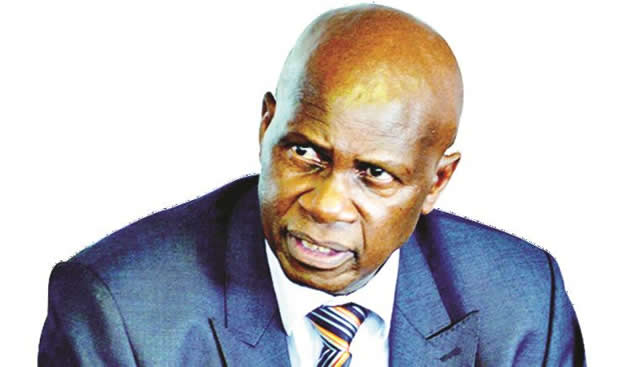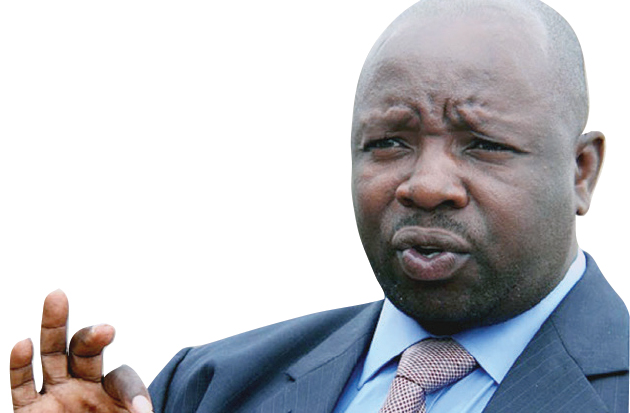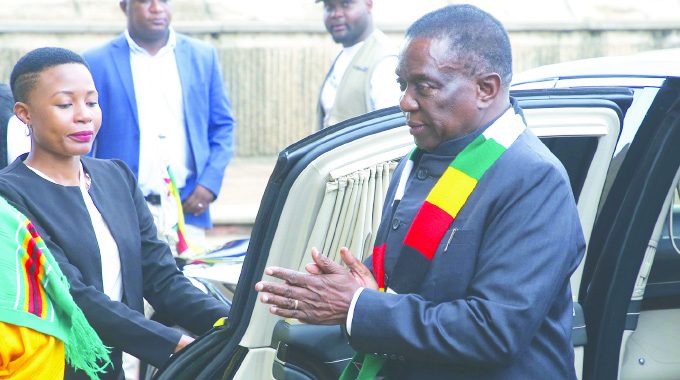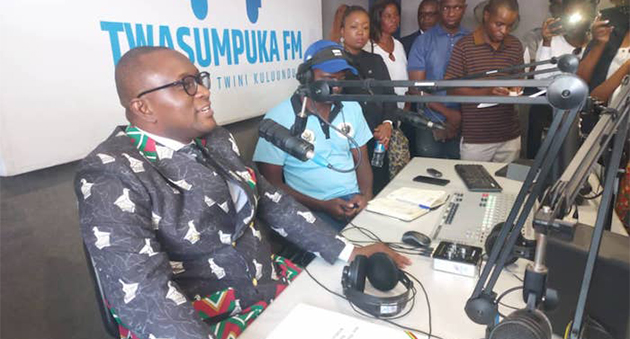Bonus dates out . . . Civil servants’ long wait for 13th cheque ends

Felex Share Harare Bureau
Civil servants will start receiving their 2015 bonuses this month, with members of the defence forces being the first while the rest of the government workers get their 13th cheques between February and May.
This was disclosed by Finance and Economic Development Minister Patrick Chinamasa to our Harare Bureau yesterday, as Treasury moves in to fulfil the pledge made by President Robert Mugabe last year that despite the cash flow constraints being experienced, civil servants should get their bonuses.
Minister Chinamasa said members of the defence forces who include the Zimbabwe National Army and the Air Force of Zimbabwe will get paid this month, followed by the Zimbabwe Republic Police, Zimbabwe Prisons and Correctional Services and the Health sector in March.
The education sector, which has the highest number of employees in the government, will get their bonuses in April while the rest of the civil service and grant-aided institutions will be paid in May.
Minister Chinamasa said due to cash flow challenges, a once off payment was impossible hence the decision to stagger the bonuses.
“For the benefit of the public and other relevant stakeholders, I wish to advise that the government remains committed to honouring its 2015 bonus obligations to its employees,” he said.
“As you’re already aware, the government is experiencing cash flow constraints, which makes it untenable to effect a bullet payment. To allow room to mobilise the required resources, the government will be staggering the payment of bonuses for public servants beginning this month until May 2016.”
Anxiety had gripped government workers who constantly demanded that the government announces the dates when the bonuses would be paid.
Minister Chinamasa said specific pay dates will be communicated upon mobilisation of requisite resources, adding that “Treasury sincerely regrets all the inconvenience caused.”
In previous years, the government staggered the bonuses due to cashflow challenges and some workers received their 13th cheque as late as January instead of the traditional November.
Due to tight fiscal space, Minister Chinamasa had early last year contemplated suspending payment of bonuses for 2015 and 2016 to create space for funding Zim-Asset.
The move irked civil servants and President Mugabe overturned the suspension saying “when the government bestows a benefit on civil servants, that benefit cannot be withdrawn because it has become a right.”
Last month, the government had to change pay dates for its workers with the last batch getting their salaries on January 5.
The government later met the civil servants representatives and gave them specific pay dates when their salaries would be paid.
All workers got their salaries as announced and the employer promised constant pay dates this year.
The delays in the payment of the 2015 bonuses saw some civil servants threatening to strike but their representatives later ruled out the strike after meeting Reserve Bank of Zimbabwe Governor John Mangudya who took them through what the government had in its coffers at that time.
At least 83 percent of government revenue is gobbled by salaries, a development that stifles economic growth.
The government has come up with a number of strategies to reduce the wage bill and is rationalising the civil service following an audit carried out last year by the Civil Service Commission.
Student teachers and trainees’ allowances have been reduced from $329 to $157 while salaries for teachers at private and trust schools have been terminated.
All vacant posts have been abolished, bus fare for civil servants has been re-introduced, under-used staff is being redeployed, funding of bridging courses has been scrapped while all members who were abusing various types of leave, tampering with pay sheets and attendance registers have been charged.
At the same time, no teacher will go on vacation leave as there is no money to pay relief teachers who will replace them for the three months they will be away.
The government has also reintroduced a 7,5 percent pension contribution, which had been shelved since 2009 when every civil servant was getting $100.
Despite the non-contribution, the government continued paying full pension benefits to workers on termination of employment before the situation became unsustainable.










Comments